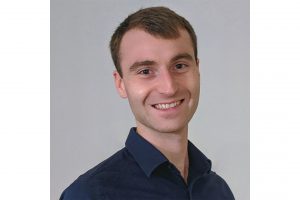
Architected materials (mechanical metamaterials) have highly tailorable behavior through an interplay of their geometry, topology, and parent material behavior. The effect of defects on the properties of bulk materials continues to be a subject of extensive investigation, but more understanding for architected materials is needed. In this talk, the elastic properties of truss-lattice materials with missing members. Ordered and random defects are considered. Comparison between analytical, numerical, and experimental results reveals unique behavior that is correlated to topology. Additionally, the compressive strength of elastoplastic plate-lattice materials with geometric imperfections will be discussed. A link between lattice and building block behavior is found for this case, where buckling plays a dominant role. Finally, the use of truss-lattices with negative Poisson’s ratio for enhancing the confinement in cementitious materials will be presented. It is found that an auxetic steel network encased in mortar increases confining pressure in the composite.
Andrew Gross is an Assistant Professor in the Department of Mechanical Engineering at the University of South Carolina. He earned his PhD from The University of Texas at Austin, where he investigated ductile fracture and methods to characterize the large deformation behavior of metals. During a postdoc at Harvard, Andrew investigated the solid mechanics of architected materials and developed new fabrication approaches. He now leads the Gross Materials Lab at USC, where these three topics are investigated with experimental, numerical, and analytical approaches.